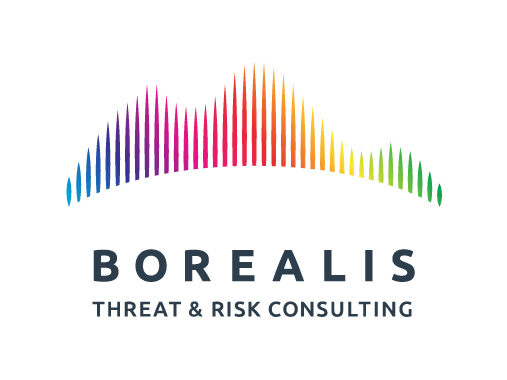Episode 251 – What good is intelligence if it is not passed on to decision makers?
Those who work in intelligence have a tough job. Whether it is HUMINT, SIGINT, IMINT or any other ‘INT’, the data is vast and must be collected, processed, tested for accuracy, corroborated, analysed and put into short product so that busy decision makers can use it. Getting it to those decision makers is often the hard part, if for no other reason than they have many other things on their plate. What if, however, there are those who do not like intelligence and act as blocks to its distribution? Borealis talks to a veteran Canadian intelligence customer relations officer about these issues.
About my guest
Bill Seguin spent 42 years in the Canadian intelligence community, both with the military and as a civilian. While at Communications Security Establisment (CSE) he was for many years a Client Relations Officer (CRO) at the Privy Council Office, Department of National Defence and Global Affairs Canada providing multiple source intelligence daily to senior executives and was deployed on more than 50 occasions to major international events such as the G7/8, APEC, ASEAN, NAFTA, and several trade missions. He retired in 2019 and says he misses the work and would do it all again.
Canadian Intelligence Eh
In a world of multiple voices and opinions it can be very hard to know where to turn. One choice is to look to those who actually worked in counter-terrorism in the national security world.
In these half-hour podcasts, 30-year Canadian intelligence veteran Phil Gurski is joined by a fascinating array of individuals with something meaningful to say about these issues as they provide insight into what they mean and what we need to do about them.
About Phil Gurski
Phil worked as a senior strategic analyst at CSIS (Canadian Security Intelligence Service) from 2001-2015, specializing in violent Islamist-inspired homegrown terrorism and radicalisation. From 1983 to 2001 he was employed as a senior multilingual analyst at Communications Security Establishment (CSE – Canada’s signals intelligence agency), specialising in the Middle East. He also served as senior special advisor in the National Security Directorate at Public Safety Canada from 2013, focusing on community outreach and training on radicalisation to violence, until his retirement from the civil service in May 2015, and as consultant for the Ontario Provincial Police’s Anti-Terrorism Section (PATS) from May to October 2015.
He was the Director of Security and Intelligence at the SecDev Group from June 2018 to July 2019 and the Director of the National Security Programme at the University of Ottawa’s Professional Development Institute from 2020-2022. He has also taught on national security issues at George Brown College, the University of Ottawa and Georgian College. Mr. Gurski has presented on violent Islamist-inspired and other forms of terrorism and radicalisation across Canada and around the world and is actively sought by Canadian and international media on national security and intelligence issues. He has written hundreds of op-eds on these matters for several Canadian media since 2016
He writes at www.borealisthreatandrisk.com.
He is the author of The Threat from Within: Recognizing Al Qaeda-inspired Radicalization and Terrorism in the West (Rowman and Littlefield 2015) Western Foreign Fighters: The Threat to Homeland and International Security (Rowman and Littlefield 2017), The Lesser Jihads: Taking the Islamist fight to the world (Rowman and Littlefield 2017), An end to the ‘War on Terrorism (Rowman and Littlefield 2018), When Religion Kills: How Extremist Justify Violence Through Faith (Lynne Rienner 2019) and The Peaceable Kingdom? A history of terrorism in Canada from Confederation to the present (self-published: 2021, republished by Double Dagger in 2022). He regularly blogs and podcasts (Canadian Intelligence Eh!), and tweets (@borealissaves) on terrorism and intelligence matters.

